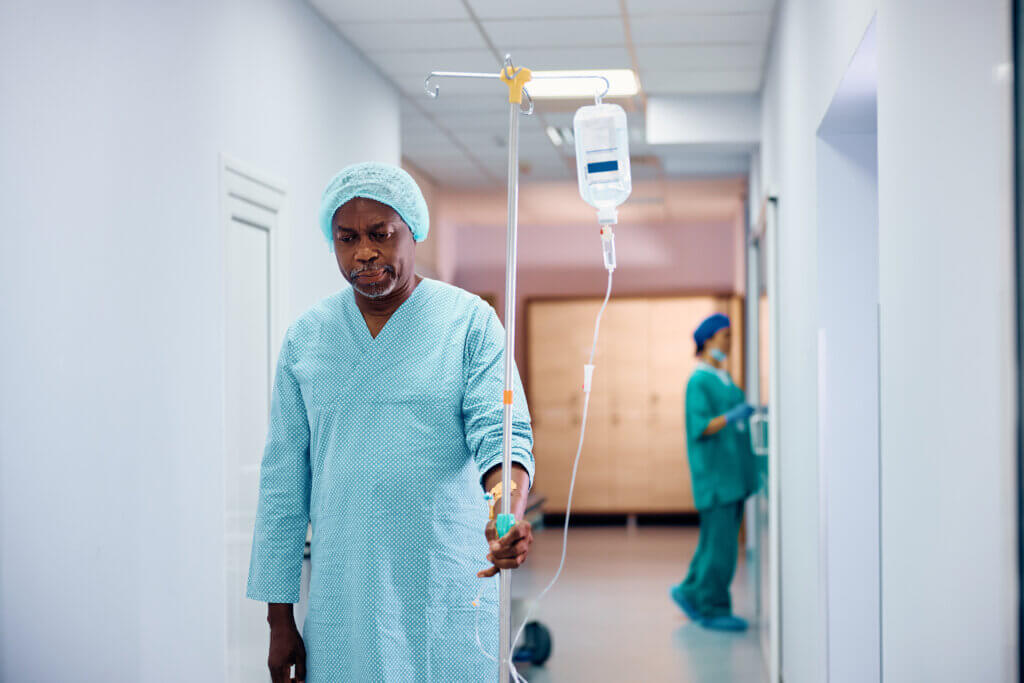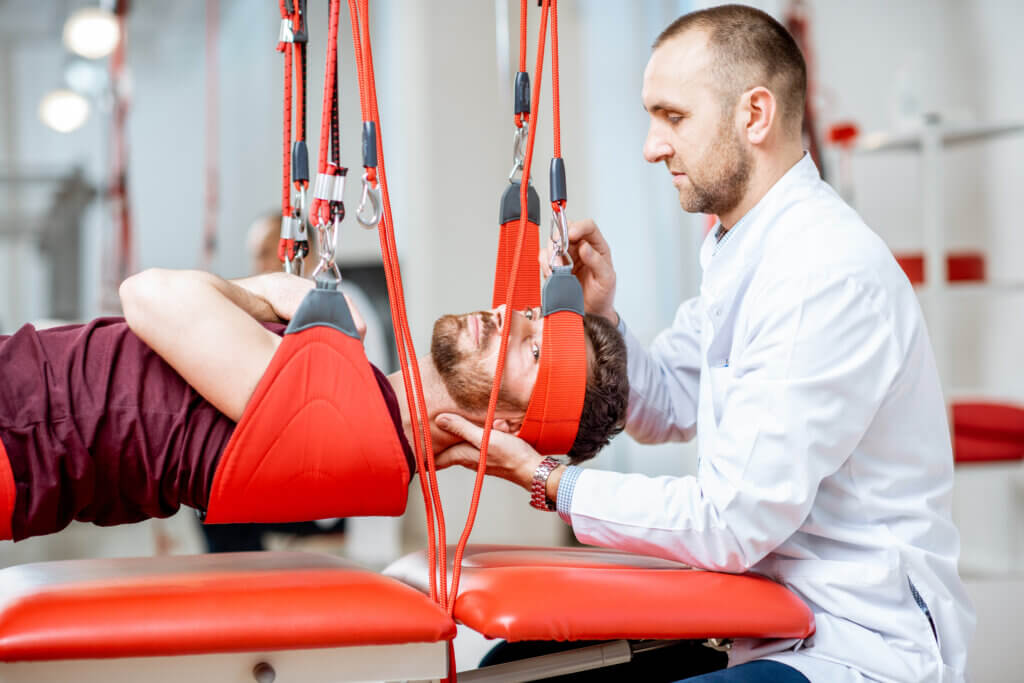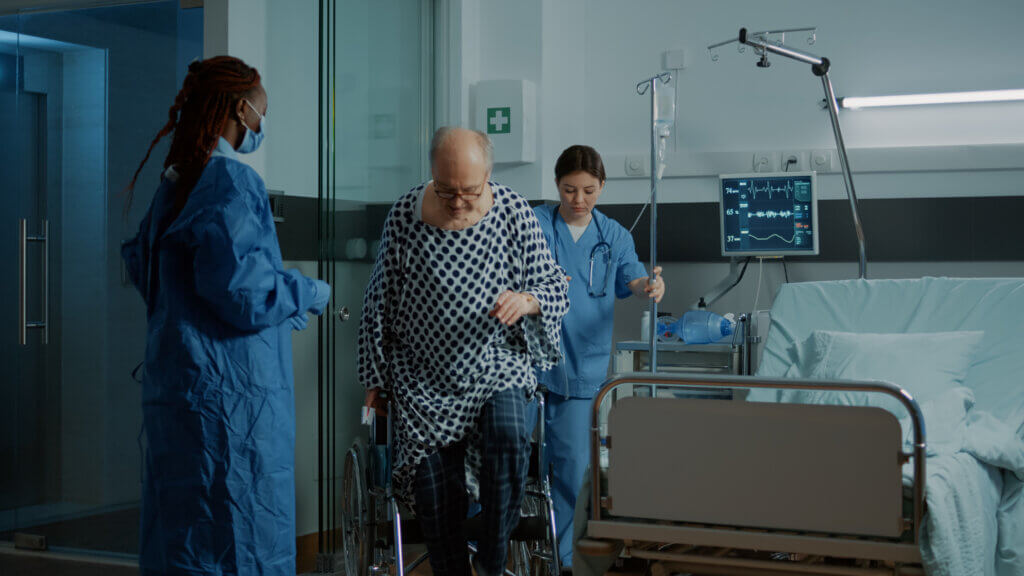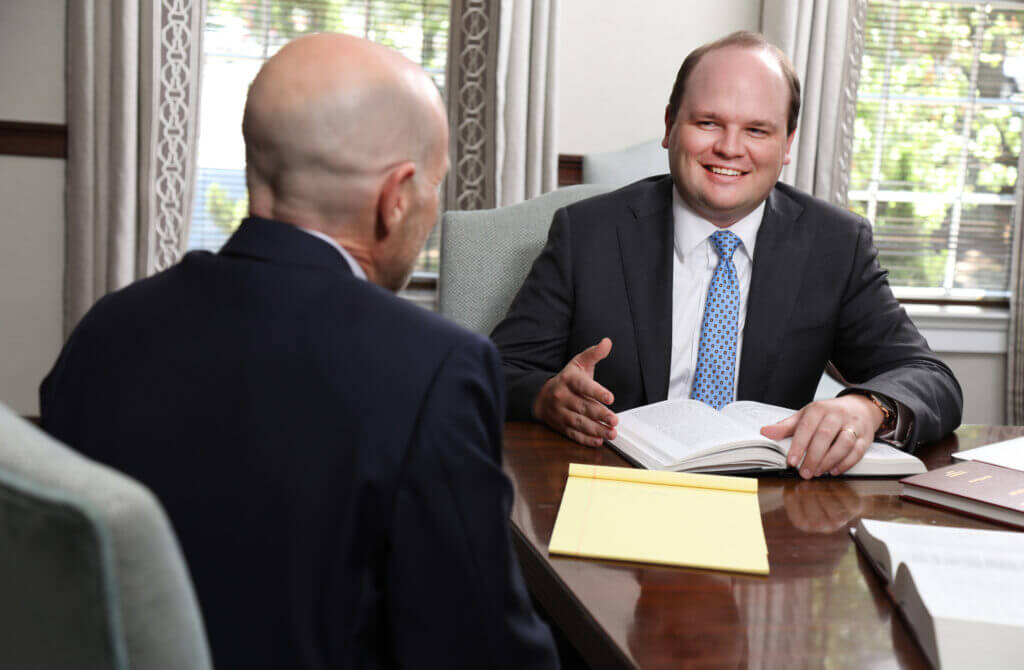Suffering from a Hospital Drop Injury? Talk to a Lawyer Today
When doctors or other hospital staff fail to handle a patient properly, the consequences can be devastating. A dropped patient may suffer serious, life-altering injuries that require extensive medical treatment and rehabilitation. If you or a loved one has been injured due to a healthcare provider’s negligence, you may have grounds for a medical malpractice claim. Contact us by using our online form or calling us at 706-354-4000.
At Blasingame, Burch, Garrard & Ashely, P.C. our experienced medical malpractice attorneys help injured patients and their families seek justice. Based in Athens, Georgia, we take cases nationwide and are committed to holding negligent hospitals, doctors, nurses, and other medical professionals accountable.
- The Dangers of Dropping a Patient
- How and Why Patients Are Dropped
- A History of Results
- Warning Signs of Neglect: What to Look For
- Preventing Dropped Patient Injuries: The Duty of Healthcare Providers
- Georgia Medical Malpractice Laws for Dropped Patients
- Georgia’s Statute of Limitations for Medical Malpractice Cases

The Dangers of Dropping a Patient
Medical professionals are responsible for safely transferring and assisting patients, especially those with limited mobility. When they fail in this duty, the risk of severe injuries increases. A dropped patient may experience:
- Fractures and broken bones – Common in older patients, particularly hip, leg, and arm fractures.
- Head trauma – A fall from a hospital bed or during a transfer can cause concussions or traumatic brain injuries (TBIs).
- Spinal cord injuries – Damage to the spine can result in paralysis or chronic pain.
- Internal bleeding – A hard fall can lead to life-threatening internal injuries.
- Lacerations and bruising – Even minor injuries can indicate deeper trauma.
- Death – Sometimes injuries from a drop may lead to a patient’s death.
Other Topics About Personal Injury
- Wrongful Death Claims After a Car Accident (2/7/2019)
- What’s the Average Settlement for a Semi-Truck Accident in Georgia? (12/22/2024)
- What’s the Process for Commercial Truck Accident Settlements? (9/12/2019)
- What to Know About Insurance After a Truck Accident (9/12/2019)
- What to Do After an Atlanta Pit Bull Attack (10/13/2021)
- What Is the Timeline to Settle A Georgia Car Accident Claim? (2/16/2024)
- What Is the Statute of Limitations on Medical Malpractice in Georgia? (5/15/2023)
- What Is the Georgia Car Accident Statute of Limitations? (3/22/2024)
How and Why Patients Are Dropped
Medical staff should be properly trained and equipped to prevent patient falls, but errors still occur. Common causes include:
- Improper lifting techniques – Failing to use safe transfer methods or assistive devices.
- Understaffing – Overworked or fatigued nurses and aides may rush patient transfers or fail to follow standard practices when transferring a patient.
- Lack of proper equipment – Hospitals, nursing homes, and other healthcare facilities should have gait belts, lifts, and other tools to assist with moving patients safely.
- Negligence or carelessness – Failing to secure a patient properly when moving them between a bed, wheelchair, or stretcher may cause the patient to be dropped.

A History of Results
We have an established track record of bringing our clients results they expect and deserve. We have recovered millions of dollars for our clients, and we know how to fight the insurance companies and medical facilities.
Warning Signs of Neglect: What to Look For
If your loved one is in a hospital or other medical facility, watch for these signs that they may have been dropped:
- Unexplained bruises, cuts, or fractures
- Sudden complaints of pain, especially in the hips, back, or head
- Difficulty standing or moving after a hospital stay
- A sudden decline in mobility or cognitive function
- Fear or anxiety around medical staff
If you suspect that a hospital or other medical facility dropped your loved one, take action immediately. Report the incident to the hospital administration, preferably the patient safety department or a managing nurse. It’s important to make a formal complaint as soon as possible. Next, fill out an incident report to document the circumstances of the fall and any injuries your loved one sustained. Finally, you should request copies of all relevant medical records such as nursing notes, the incident report, and any doctor’s reports.
A skilled medical malpractice attorney can walk you through all the appropriate steps, help you gather important information, and work with medical experts to determine whether you have a valid case.
Preventing Dropped Patient Injuries: The Duty of Healthcare Providers
Hospitals and medical staff must follow strict procedures to prevent patient falls and drops. This includes:
- Using two or more staff members for transfers when needed
- Properly training nurses, aides, and orderlies on patient mobility assistance
- Ensuring assistive devices like lifts and gait belts are available and in good condition
- Conducting regular fall risk assessments for high-risk patients
- Monitoring and assisting patients who have mobility issues
- Always having sufficient staff

Georgia Medical Malpractice Laws for Dropped Patients
To file a medical malpractice claim in Georgia for a dropped patient, you must prove the following:
- A duty of care – The hospital or medical staff had a responsibility to ensure patient safety.
- A breach of duty – The patient was dropped due to negligence or a failure to follow proper protocols.
- Causation – The drop directly caused injuries.
- Damages – The injuries resulted in medical expenses, pain, suffering, or other losses.
Georgia’s Statute of Limitations for Medical Malpractice Cases
Under Georgia law (O.C.G.A. § 9-3-71), you have two years from the date of injury to file a medical malpractice lawsuit. In some cases, a five-year statute of repose applies, meaning no case can be filed more than five years after the malpractice occurred. Exceptions exist for cases involving fraud or delayed discovery of injuries.
How Our Medical Malpractice Attorneys Can Help

At BBGA, we understand the complexities of medical malpractice cases and will fight to get you the compensation you deserve. When you work with our firm, we will conduct a thorough investigation into the incident, help to gather medical records, witness testimony, and expert opinions; determine liability and build a strong case; negotiate with hospitals and insurance companies; and take your case to court if necessary to ensure you are fairly compensated for your injuries, medical bills, ongoing treatment, and pain & suffering.
We serve clients across Georgia and throughout the U.S. If you or a loved one has been injured due to a dropped patient incident, contact us today for a free, no-obligation consultation. You can reach us by phone at 706-354-4000 or fill out our online contact form and someone will be in touch.
Let us fight for your rights and hold negligent medical providers accountable.
